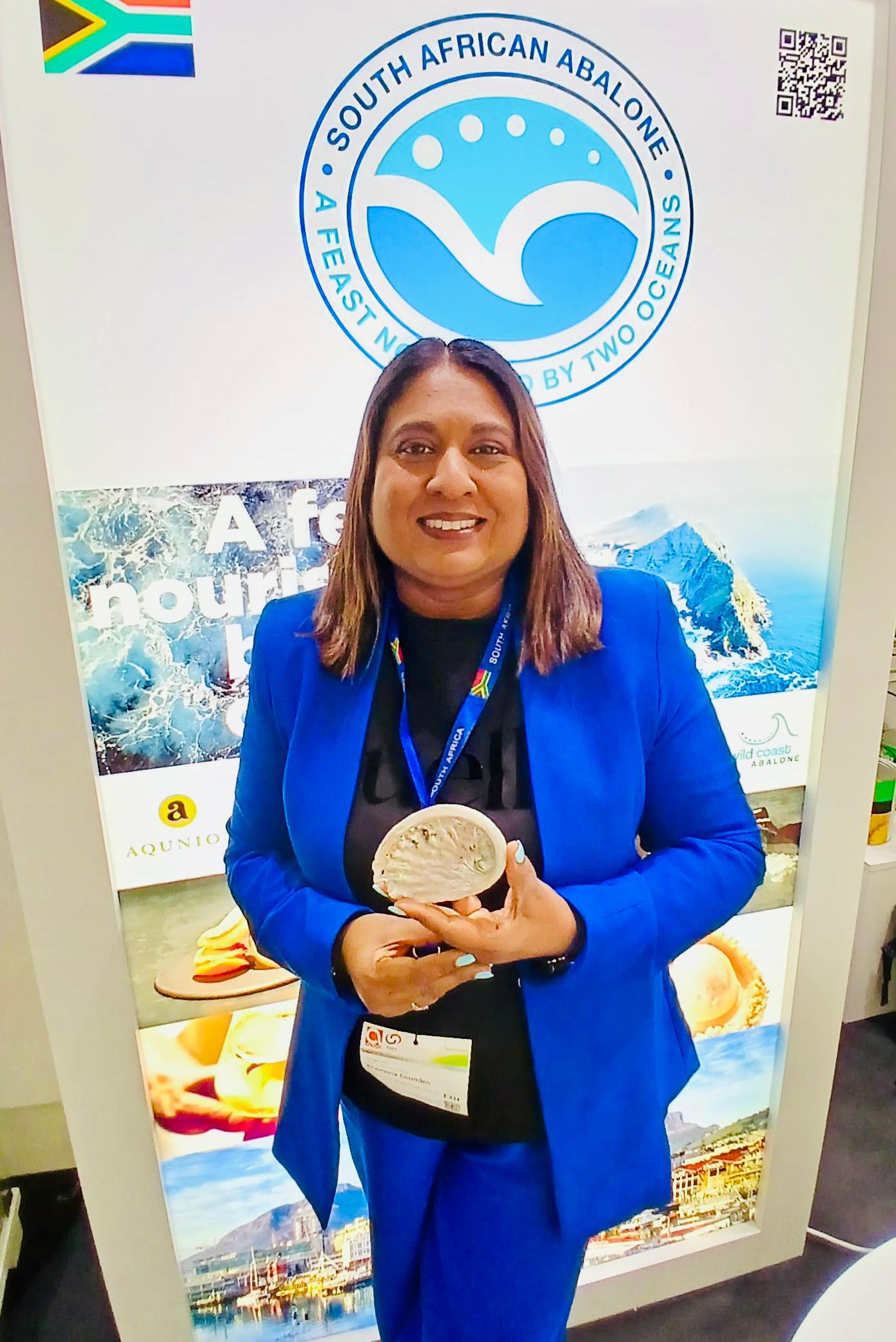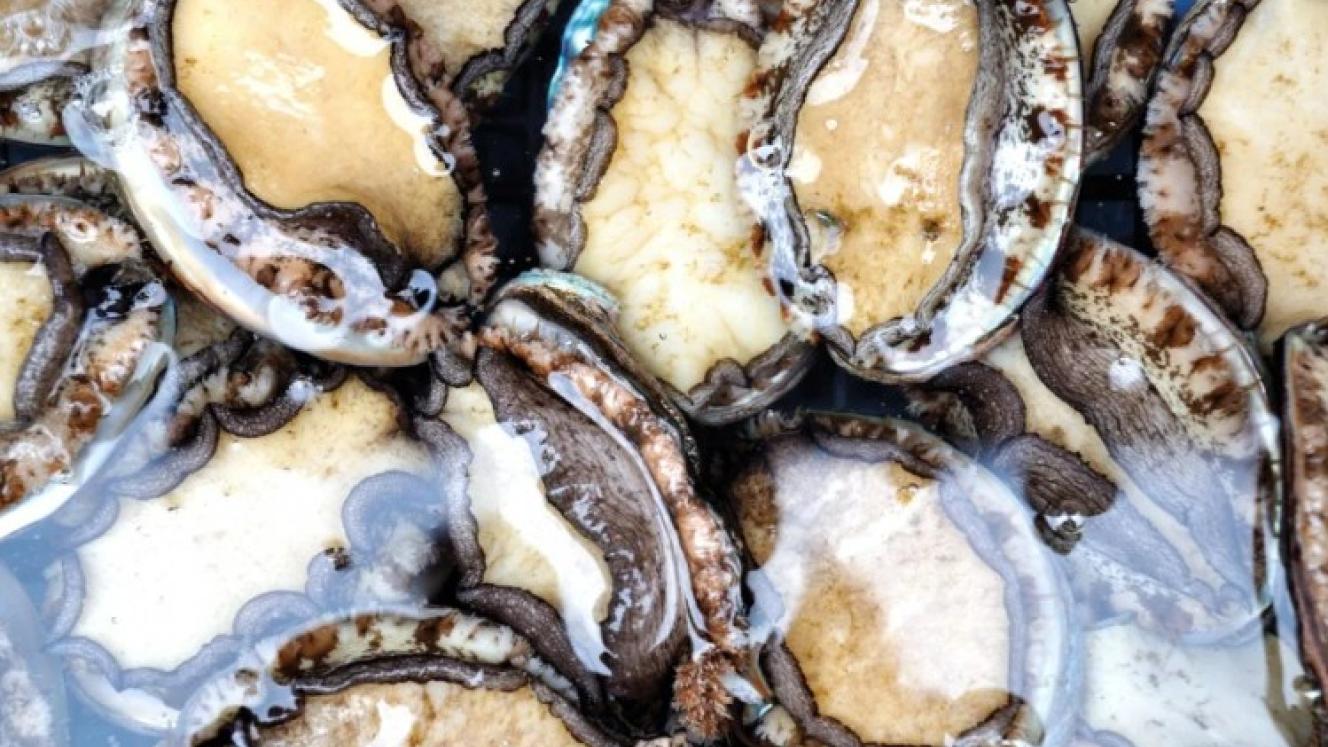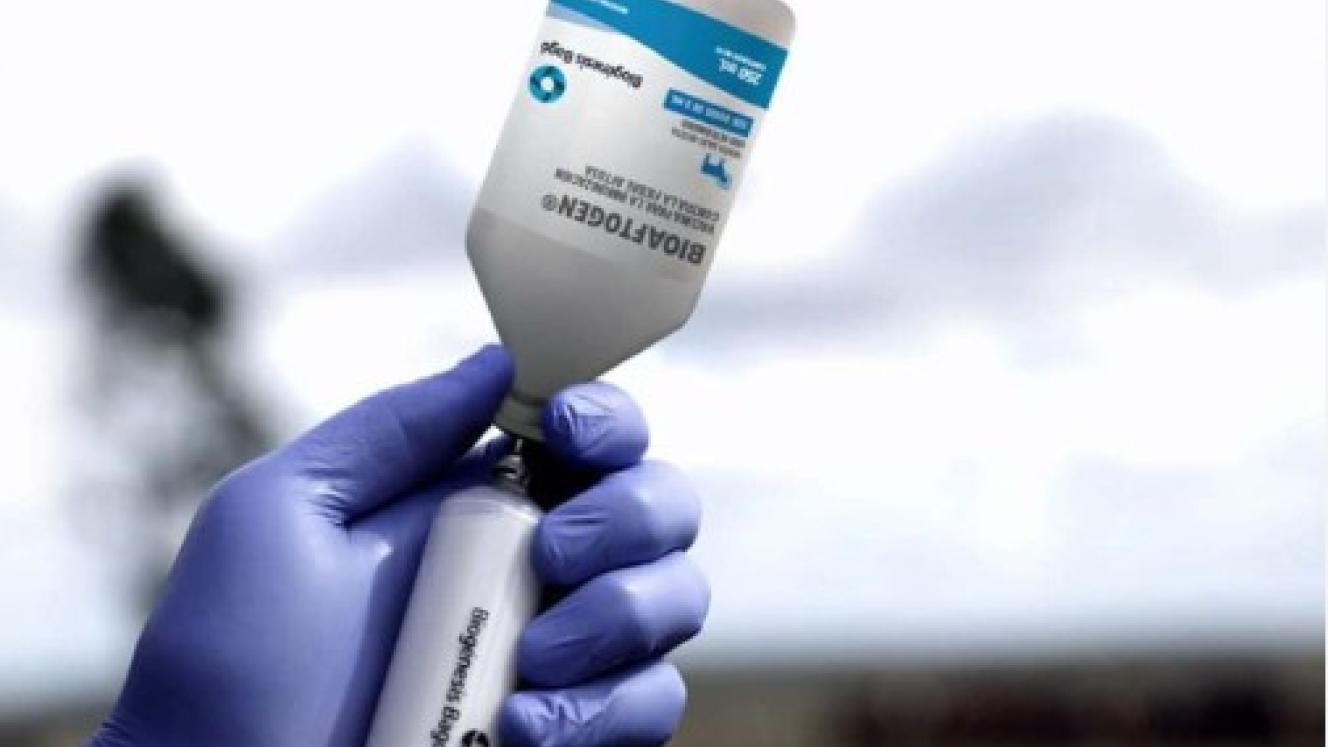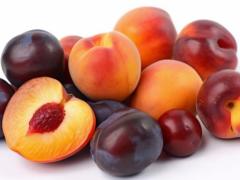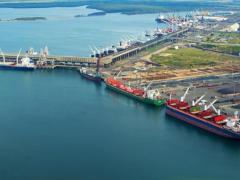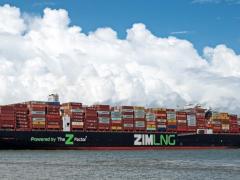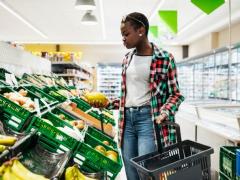The South African Abalone Export Council has set its sights on the European market as part of its market diversification strategy.
Council CEO, Rhomona Gounden, is currently representing the sector at the Anuga Food and Beverage Trade Fair in Cologne, Germany, together with 30 other South African companies. The world’s largest global food and beverage trade show started on Saturday and runs until October 8.
The Department of Trade, Industry and Competition (dtic) has set up a national pavilion where South African agro-processing companies are showcasing their Proudly South African products. This is part of the department’s efforts to assist companies to seek markets in various parts of the world as part of the country’s export diversification initiatives.
Gounden said her presence at Anuga was a strategic mission and a brand awareness drive for South African abalone, which is prized across Asia but still relatively unknown in Europe.
She said the sector’s next step lay in educating the European market and building consumer awareness and appreciation for South African abalone.
“Not many people know about abalone here in Europe. That is exactly the reason why we had to participate in this popular and big trade fair with the assistance of the dtic.
“We have a lot of work to do. We are making all efforts to explore Europe as a potential market in order to diversify our export markets into the European Union. We are on a mission to seek export opportunities in Europe and are confident that we will gradually penetrate this market, with France being our potential gateway as they are fond of exotic foods
“We are not just selling a premium product but rather building a premium brand for South African abalone in Europe. This journey is about creating awareness, fostering curiosity and ultimately developing an alternative market for farmed abalone,” said Gounden.
The SA Export Council was established in 2006. It represents six member companies: Aqunion, HIK, I&J, Sea Harvest, West Coast Abalone, and Wild Coast Abalone, which represent twelve farms, primarily in the Western Cape and one in the Eastern Cape.
The industry produces around 3 000 tonnes of abalone annually. Some 99% of all farmed abalone is exported to traditional markets such as China, Japan, Canada and Singapore. It is a labour-intensive industry that employs 2 500 people.
